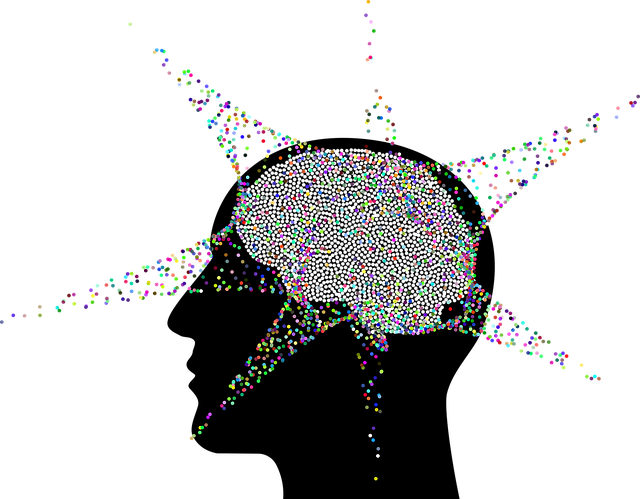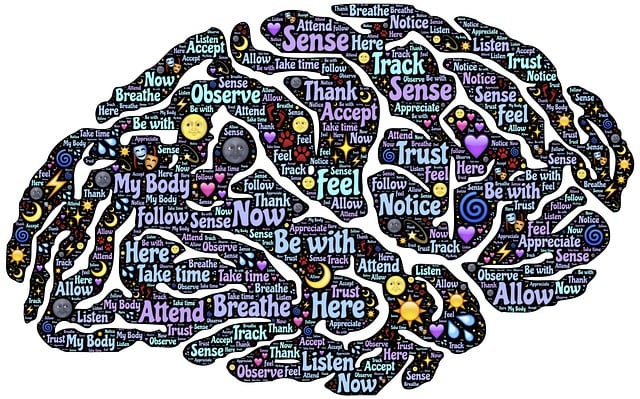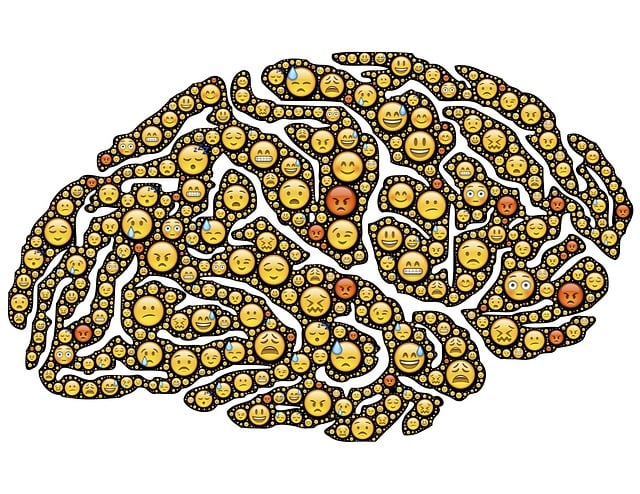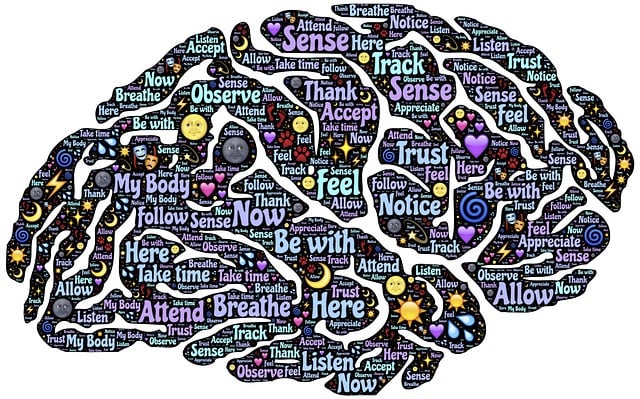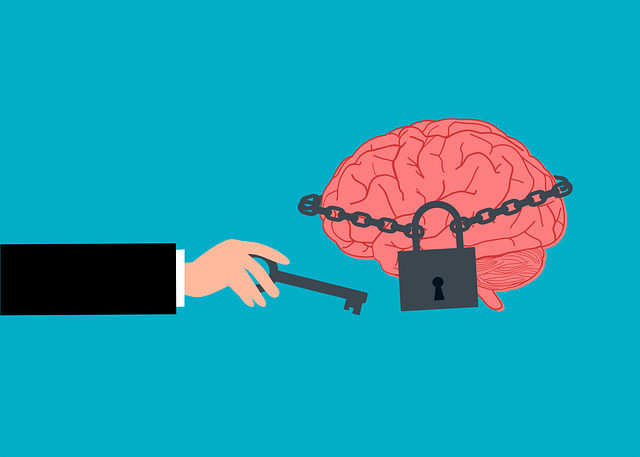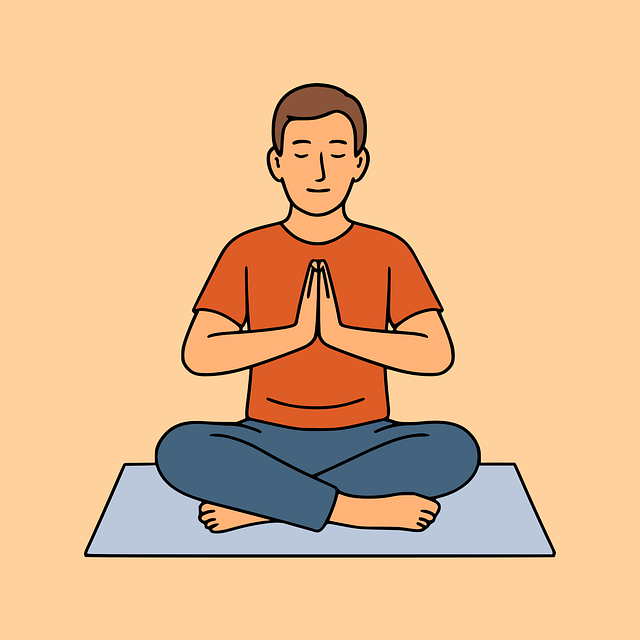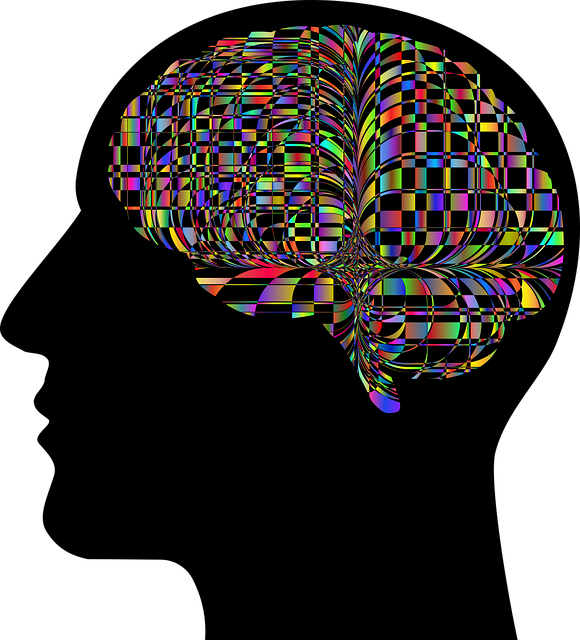Aurora Drug Abuse-Substance Abuse Therapy employs Recovery-Focused Mental Health (RFM) techniques, combining Social Skills Training, Self-Care Practices, and Self-Esteem Improvement to build resilience and promote recovery. Their holistic approach includes cognitive-behavioral therapy, group counseling, and mindfulness practices, addressing mental health challenges comprehensively. By fostering self-care routines, challenging negative thought patterns, and engaging in meaningful activities, individuals gain tools to cope with adversity. Success is measured through behavioral and psychological changes, client feedback, and data analysis for continuous improvement, ensuring tailored support and enhanced well-being.
“Discover the transformative power of RFM (Resilience, Flexibility, and Mastery) in navigating life’s challenges. This article explores how Aurora Drug Abuse-Substance Abuse Therapy employs a holistic approach, integrating RFM exercises to build mental and emotional resilience. We’ll delve into key techniques, their impact on well-being, and the importance of continuous improvement in RFM programs. By understanding these principles, individuals can harness their innate strength and adapt to life’s ups and downs with greater ease.”
- Understanding RFM and Its Role in Resilience Building
- Aurora Drug Abuse-Substance Abuse Therapy: A Holistic Approach
- Key Exercises to Enhance Mental and Emotional Resilience
- Measuring Success and Continuous Improvement in RFM Programs
Understanding RFM and Its Role in Resilience Building

Resilience is a critical component of mental well-being, enabling individuals to navigate life’s challenges and adversity with adaptability and bounce back strength. RFM, or Recovery-Focused Mental Health, offers a framework that prioritizes promoting resilience through structured exercises designed to foster growth and recovery. At Aurora Drug Abuse-Substance Abuse Therapy, we recognize the profound impact of RFM interventions in enhancing clients’ ability to cope with stress and setbacks, ultimately leading to improved overall mental health outcomes.
The RFM approach integrates various techniques, including Social Skills Training, Self-Care Practices, and Self-Esteem Improvement, to empower individuals to reclaim control over their lives. By focusing on these dimensions, Aurora Drug Abuse-Substance Abuse Therapy ensures that clients develop not just the tools to withstand difficult situations but also the inner resources to rebuild and thrive after facing adversity. This holistic strategy underscores the belief that resilience is a learnable skill, one that can be cultivated through dedicated exercises and supportive environments.
Aurora Drug Abuse-Substance Abuse Therapy: A Holistic Approach

Aurora Drug Abuse-Substance Abuse Therapy takes a holistic approach to address the complex nature of addiction. This method goes beyond mere symptom relief, aiming to restore individuals’ overall well-being—mental, physical, and emotional. By integrating various therapeutic techniques, such as cognitive-behavioral therapy, group counseling, and mindfulness practices, the program facilitates personal growth and resilience building. Participants learn effective coping strategies to manage triggers and cravings while developing a strong support system within the community.
This comprehensive approach not only helps individuals achieve sobriety but also equips them with the tools needed for long-term recovery. In alignment with the principles of Mental Health Policy Analysis and Advocacy, Aurora’s therapy fosters a sense of empowerment, encouraging clients to become active participants in their healing journey. Moreover, it emphasizes the importance of resilience building, which is crucial for navigating challenges and maintaining mental health, especially when risk management planning for mental health professionals is taken into consideration.
Key Exercises to Enhance Mental and Emotional Resilience

Building mental and emotional resilience is a crucial aspect of overall well-being, especially in navigating life’s challenges. Key exercises within this framework include mindfulness practices, cognitive reframing techniques, and engagement in meaningful activities. For instance, incorporating regular meditation or deep breathing exercises can help individuals cultivate present-moment awareness, enabling them to better manage stress and anxiety. This practice is particularly beneficial for those recovering from Aurora drug abuse-substance abuse therapy, as it supports the development of a self-care routine aimed at enhancing mental health.
Additionally, trauma support services often emphasize the importance of cognitive reframing, where individuals learn to challenge negative thought patterns and replace them with more adaptive ones. Encouraging folks to engage in hobbies or creative outlets can also foster resilience; these activities provide an outlet for expression and a sense of accomplishment, contributing to improved emotional well-being. In line with this, designing mental health education programs that teach such skills can empower individuals to build resilience, ensuring better coping mechanisms in the face of life’s challenges.
Measuring Success and Continuous Improvement in RFM Programs

Measuring success in RFM (Recovery, Resilience, and Fitness) programs is a multifaceted process that goes beyond mere attendance or completion of exercises. At Aurora Drug Abuse-Substance Abuse Therapy, we adopt a holistic approach to evaluate progress, focusing on both behavioral and psychological changes among participants. Key performance indicators (KPIs) include improvements in communication strategies, stress management skills, and overall confidence boosting activities. These metrics are meticulously tracked through pre-post assessments, client feedback, and regular interactions with our therapeutic team.
Continuous improvement is a cornerstone of our RFM initiatives. By analyzing the data collected from these measurements, we can identify areas needing refinement. This includes tweaking exercise routines for better engagement, incorporating new communication strategies based on client feedback, and tailoring stress management techniques to meet individual needs. Such iterative adjustments ensure that our programs remain effective and aligned with the evolving needs of those seeking recovery and resilience-building support.
Resilience is a powerful tool for personal growth, especially in overcoming drug abuse and substance addiction. By integrating RFM (Recovery, Flexibility, and Mastery) principles and exercises, individuals like those at Aurora Drug Abuse-Substance Abuse Therapy can navigate their recovery journey with enhanced mental and emotional fortitude. This holistic approach not only empowers people to manage challenges but also paves the way for long-term success in achieving and maintaining sobriety. Continuous improvement in RFM programs is key to ensuring individuals build resilience that resonates throughout their lives.



